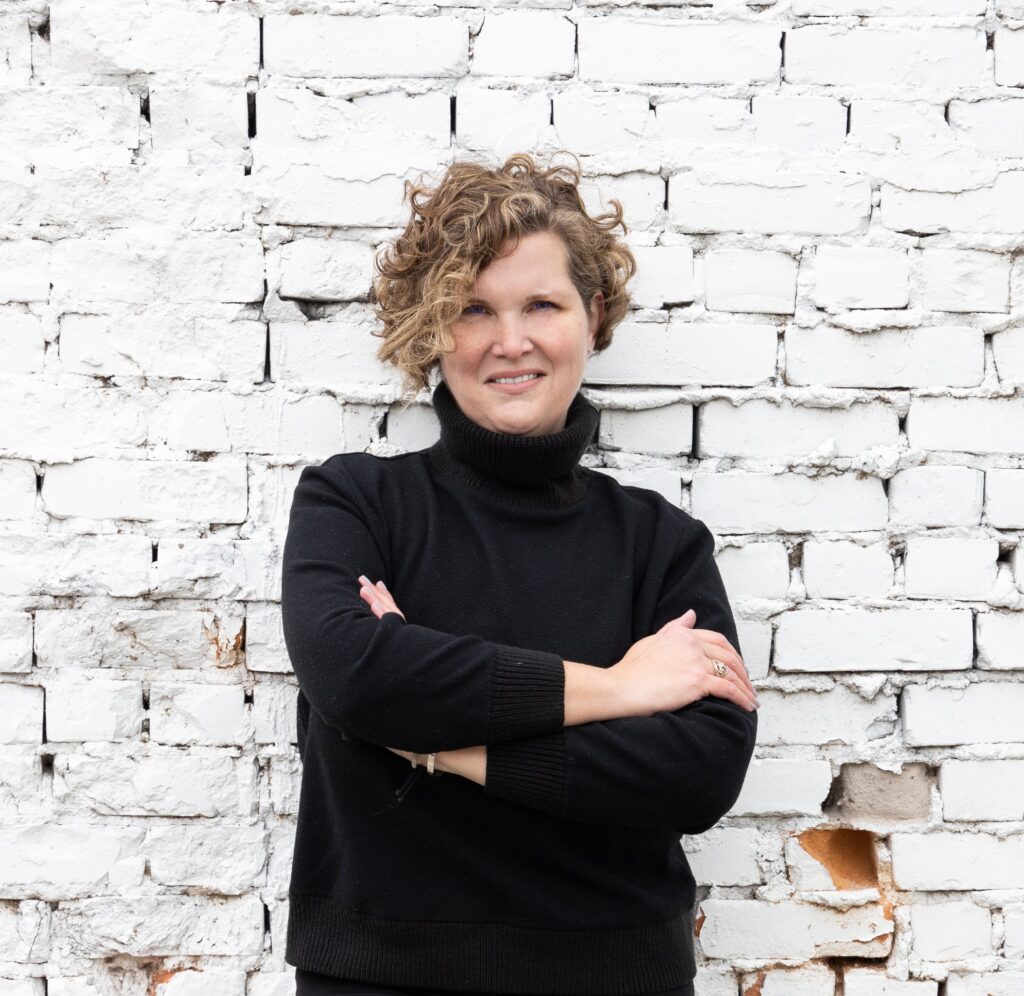

Megan Fuciarelli is the proud Founder of US², Inc. and serves as the Chief Empowerment Officer (CEO). As a retired school superintendent, she has dedicated her entire professional career to navigating social justice issues and supporting people/teams in being inclusive. She holds a BS in Elementary Education, a Masters in Reading, M.Ed. in Educational Administration, an ESL (English as a Second Language) endorsement, and certificate from Harvard for Urban School Leadership. In addition to schooling, she is also a certified life coach and a Project Management Professional and Six Sigma graduate. In addition to her professional background, she is the single mother of a wonderful human named Rhys and very close to her parents. Embedded within her narrative are many stories of oppression and privilege.
I remember my weight in 3rd grade. I toppled the scale at close to 100 pounds. As a child, we didn’t have much and I hardly remember seeing fresh fruits and vegetables in the house. I used to hide snacks (candy bars and individually wrapped snack cakes) in my bedroom so that I could enjoy them without sharing. My nickname throughout school was ‘Food and Deli’, which somewhat rhymed with my last name of Fuciarelli. Having the first name Megan didn’t help much, either, being called Mega (large) Megan pretty consistently. I wanted so badly to ride roller coasters and experience fair rides, but I couldn’t because I was too large to fit in the seat comfortably. I was ridiculed and made fun of consistently for my weight. I dieted consistently throughout my life: I’d drop a few pounds and gain them all back plus some… During college, both of my parents underwent gastric bypass surgery (the weight struggles were evident throughout my entire family). At the age of 19, I was diagnosed with lupus and told that my life expectancy was shortened. At the age of 21, I was told that my weight, in addition to my lupus, would make it nearly impossible for me to have children. I was crushed – the one thing I wanted for my life more than anything else was to be a mother. At that moment, I decided that I was going to undergo the same surgery my parents had undergone. I went through a year of pre-counseling to ensure that I was ready for the procedure and addressing the underlying causes of my overeating. During that year, I was forced to understand the trauma I endured throughout my life – it was painful and necessary to ensure that I wouldn’t go back to my old habits once having the surgery. On the night before my surgery, my mom had come to visit me. She had brought herself a sandwich to eat and hadn’t finished it – throwing it away in my hospital bathroom trash can. I was not able to eat for 24 hours before the procedure and I remember sneaking into the bathroom after she left and eating what was left of her sandwich – out of the garbage can. I sat and cried in the bathroom after doing this. I was, and still am, addicted to food. It was, and still is, my comfort. The surgery and recovery were not easy. I was pronounced dead on the operating table – obviously they were able to resuscitate me. I was in and out of the hospital for nearly three months and when I was finally sent home, I had a shunt and had to connect myself to an IV for an additional six months every day at home. I lost weight pretty quickly and went from being morbidly obese to underweight. I went from hearing things like “Should you really be eating that?” to “You are so lucky – you can eat anything you want!” I now ride on roller coasters as much as I can and I don’t hide food out of embarrassment. I am living the life I live today, with a wonderful son, because of my weight loss. I am living the life I live today, full of self-doubt, because of society’s reaction to my weight. I was treated horribly for being large and I was minimized as not important for being small. My story about my weight is one aspect of the ways society minimalizes, and damages, people based on belonging to particular identity groups. What is your story around size/height/weight?

